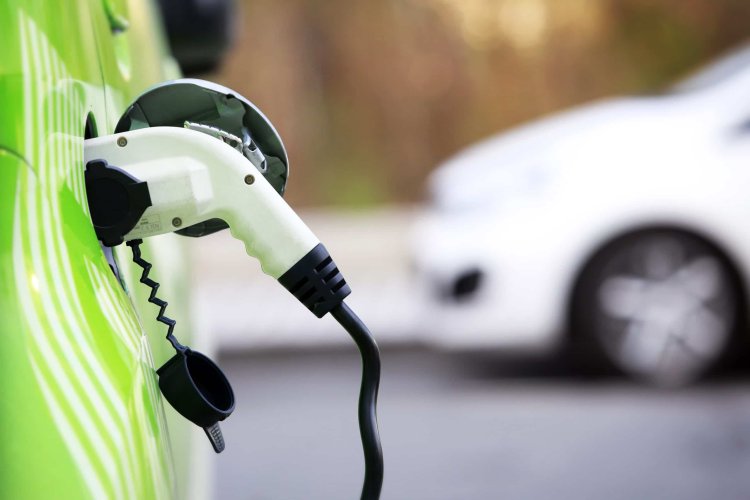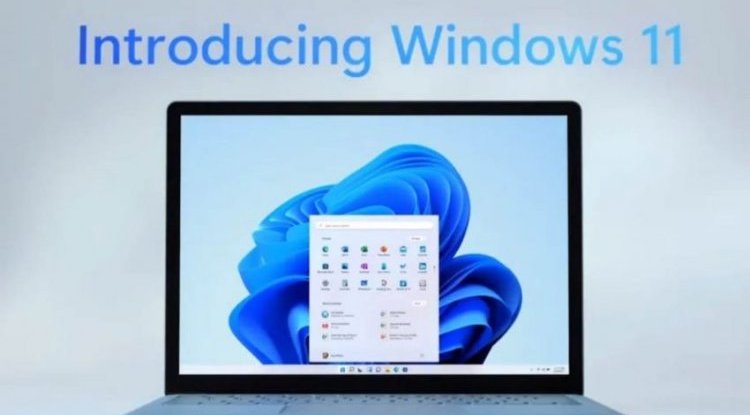100% in seconds: Quantum battery technology

The electric car market is one of the fastest-growing industries. Unlike traditional cars, which generate energy by burning hydrocarbon fuels, electric vehicles use batteries to store energy.
For a long time, they had a much lower energy density than offered by hydrocarbons, which led to a very low range of the first electric vehicles.
However, the gradual improvement of battery technologies has eventually allowed electric vehicle mileage to reach an acceptable level compared to petrol cars.
However, despite recent improvements in battery technology, today's electric vehicle owners face another problem: slow battery charging. At present, it takes about 10 hours to fully charge a car at home.
Even the fastest chargers at charging stations need up to 20 to 40 minutes to fully charge their vehicles, which is still quite inconvenient for customers. To solve this problem, scientists have sought answers in the field of quantum physics.
Finally, they discovered that quantum technologies could offer new mechanisms to charge batteries faster.
Quantum battery technology was first designed in 2012. It was anticipated that quantum resources, such as quantum interconnection, could be used to significantly speed up the battery charging process by charging all cells in the battery collectively at the same time. This is extremely interesting because modern high-capacity batteries can contain many cells.
However, such collective charging is not possible in conventional batteries, where the cells are charged in parallel independently of each other. The advantage of this collective charging over parallel can be measured by a ratio called the quantum charging advantage.
Around 2017, researchers noticed that there were two possible sources behind this quantum advantage, namely a global operation (in which all articles communicate with everyone else at the same time, ie "everyone sits at the same table") and connecting everyone with everyone (ie " many discussions, but each discussion has only two participants ”).
However, it is not clear whether both of these sources are needed and whether there are any charging speed limits that can be reached. Researchers at the Center for Theoretical Physics of Complex Systems have recently studied these issues.
According to a paper published in the journal Physical Review Letters, the connectivity of "everything with everything" in quantum batteries is irrelevant, and the presence of global operations is the only component of quantum advantage. The researchers went even further and pinpointed the cause of this benefit, as well as a clear method for designing such batteries.
Furthermore, the group was able to determine the charge rate that could be reached using this technique. While traditional batteries' maximum charge rate grows linearly with the number of cells, the study found that quantum batteries using global operation can reach a quadratic increase in charge rate.
If we take into account a typical electric vehicle with a battery that contains about 200 cells, the use of this quantum charging would lead to a 200-fold acceleration compared to conventional batteries.
This means that in the home, the charging time would be reduced from 10 hours to about 3 minutes, while at high-speed charging stations it would be reduced from 30 minutes to a few seconds.
However, the consequences of quantum charging can go far beyond electric cars and consumer electronics. For example, it could find use in future fusion power plants that require charging and discharging large amounts of energy in a single moment. Of course, there is a long way to go before these methods can be put into practice.




























